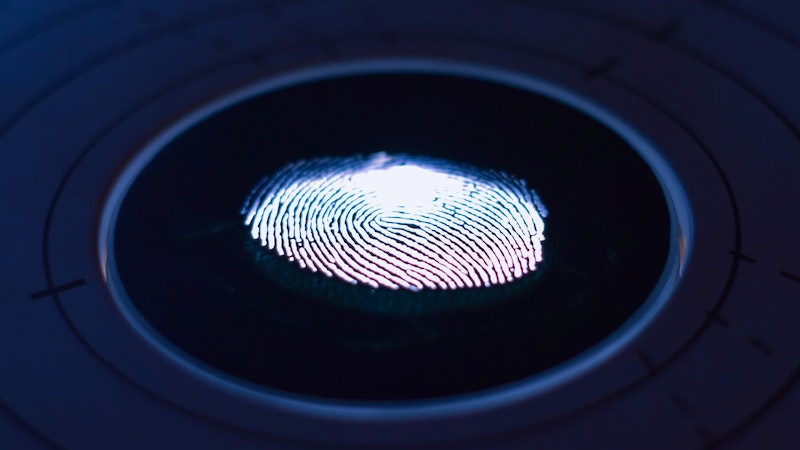Police can use fingerprints to unlock smartphones
The Ravensburg District Court has ruled that the police may use fingerprints to unlock suspects’ smartphones against their will. A suspect had previously complained about the procedure. The backgrounds.
Unlocking the smartphone with a fingerprint without the consent of the owner: the police are now officially allowed to do this as part of their investigations. Because after a suspect had lodged a legal objection, confirmed the district court of Ravensburg now the procedure of the law enforcement officers.
Contents
Unlock smartphone with fingerprints
Background: The police suspected a violation of the Narcotics Act. In the course of the investigation, the investigators wanted to search the suspect’s smartphone to find clues.
However, the accused initially refused to release his mobile phone. The responsible investigating judge then ordered that the police §81b paragraph 1 StPO allowed to take fingerprints. You can also use this to unlock your smartphone.
Accused complains about police actions
Before the district court of Ravensburg, the person concerned officially complained about the actions of the police. In the course of the proceedings, the law enforcement officers were nevertheless right. The accused then lodged a further complaint with the district court. There, too, the authority confirmed the previous judgment.
According to the court, the open formulation ensures that the static wording of the law adapts to the respective state of the art.
Police use fingerprints to unlock smartphones: lawyer criticizes decision
The lawyer for IT law, Jens Ferner, criticized the decision of the regional court. In the conclusion of his analysis of the case writes he:
The decision is despondent, a bit sad, and the usual outcome of results-oriented “arguing.” The decision cannot convince me because it is simply poorly prepared: essential literature is missing, where one would have to argue and weigh up, it is justified with a sentence and one completely misunderstands the dimension and scope of such decisions.
In doing so, he refers to articles in which lawyers have already extensively and critically dealt with the subject in the past.
Also interesting:



